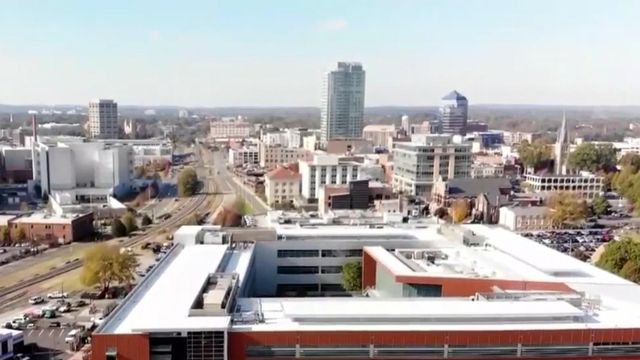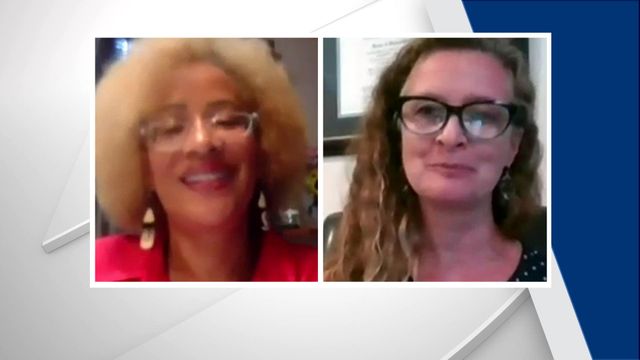Durham leaders look to promote racial equity, quell gun violence
Gun violence, recent crime and Juneteenth will all be discussed at Thursday's Durham City Council meeting.
Posted — UpdatedCouncilman Mark-Anthony Middleton said Durham leaders need to make stopping gun violence their No. 1 priority and do whatever is needed, such as adopting technology to locate the source of gunfire more quickly, to accomplish that.
"I want us to have the moral authority to say to people whose kids are dying and ducking in cover ... we've done everything we can," Middleton said. "That's a different position to be in when you're trying to comfort someone ... as opposing to comforting them when you know you have not dotted every 'i' or crossed every 't.' I'm tired, it's embarrassing for me to be in that position personally."
Police Chief C.J. Davis said her department needs community support to battle gun violence in Durham, and Mayor Steve Schewel and other council members said they were open to looking at all ideas.
Gun violence is one byproduct of long-standing racial inequities in Durham, according to Racial Equity Task Force members, who called for declaring racism a public health crisis locally.
Other recommendations from the group's 65-page report include creating a Racial Equity Fund to invest in minority communities, expanding mental health services, improving parks in underserved areas, making healthy food more accessible in "food deserts," providing mortgage and rent relief, hiring more Latino and Black teachers in local schools and addressing discipline disparities in school.
"This is our love letter to Durham, and it is a loving and urgent call to action," said Superior Court Judge Elaine O'Neal, who chaired the task force. "It's going to take everyone in Durham to pull this off. You can't just ignore this stuff as a community resident. You've got to own it – even if you don't own it, you own it."
City Councilman Charlie Reece called the report and how Durham responds to the recommendations "a seminal moment" for the city.
"This city has written a lot of checks over the last 151 years that have bounced, and many of those have been written to our Black and brown neighbors," Reece said. "We have failed as a city in so many ways, [but] it gives us an opportunity to begin to build the community that we want to be, that we can be and that we have to be."
Related Topics
• Credits
Copyright 2024 by Capitol Broadcasting Company. All rights reserved. This material may not be published, broadcast, rewritten or redistributed.






